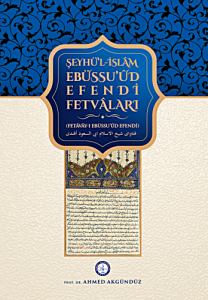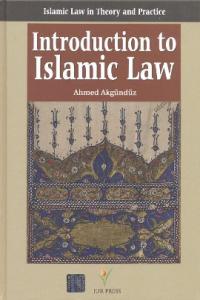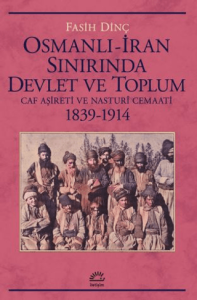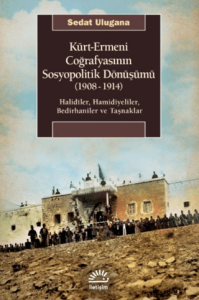
"This book contains two major subjects.
Firstly; some academic papers about Islamic Banking. The main characteristic of Islamic banking in comparison to traditional banking is that it is more concerned with the profitability and length of the proposed investment rather than collateral. Projects with high profitability and low collateral that might otherwise be rejected can be funded through Islamic banking. This leads to a banking behavior that is similar to development banks and microfinance institutions that have been very successful in many Third World countries. Academic research shows that Islamic banking is not a negligible or merely temporary phenomenon.
Secondly; some research articles about religion and development. Islam summarizes the root cause of the great social upheavals that have been suffered, particularly in this century, in two phrases. One is: “So long as I'm full, what is it to me if others die of hunger?” And the other is: "You struggle and labor so that I can live in ease and comfort." Islam demonstrates that if hunger and poverty are to be eradicated, it will be through applying the Qur'anic injunction of almsgiving, social assistance and mutual help [vujub-u zakatl: Being steadfast in performing prayers, giving zakat and the prohibition against earning without working, e.g., usury and interest (hurmet-i Ribâ: God has permitted trade and forbidden usury)."
"This book contains two major subjects.
Firstly; some academic papers about Islamic Banking. The main characteristic of Islamic banking in comparison to traditional banking is that it is more concerned with the profitability and length of the proposed investment rather than collateral. Projects with high profitability and low collateral that might otherwise be rejected can be funded through Islamic banking. This leads to a banking behavior that is similar to development banks and microfinance institutions that have been very successful in many Third World countries. Academic research shows that Islamic banking is not a negligible or merely temporary phenomenon.
Secondly; some research articles about religion and development. Islam summarizes the root cause of the great social upheavals that have been suffered, particularly in this century, in two phrases. One is: “So long as I'm full, what is it to me if others die of hunger?” And the other is: "You struggle and labor so that I can live in ease and comfort." Islam demonstrates that if hunger and poverty are to be eradicated, it will be through applying the Qur'anic injunction of almsgiving, social assistance and mutual help [vujub-u zakatl: Being steadfast in performing prayers, giving zakat and the prohibition against earning without working, e.g., usury and interest (hurmet-i Ribâ: God has permitted trade and forbidden usury)."
























